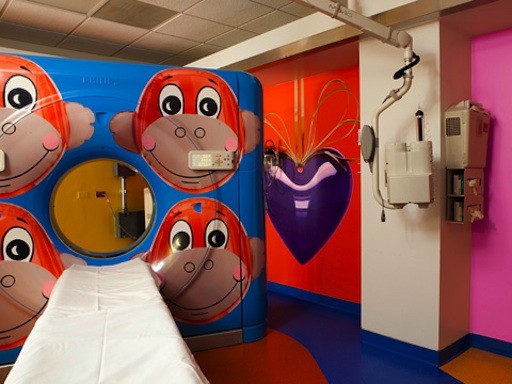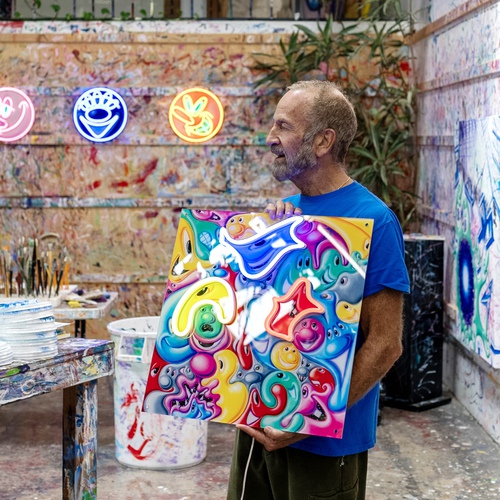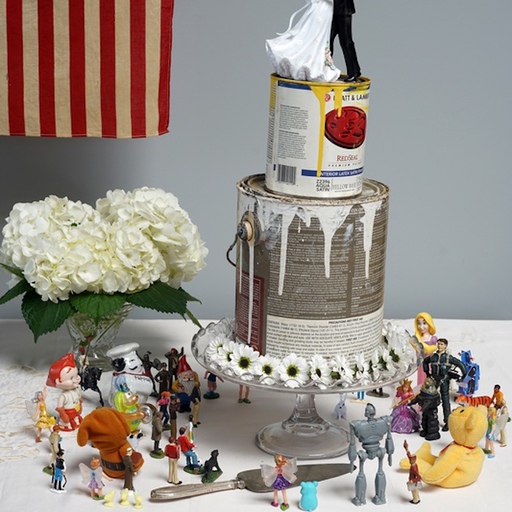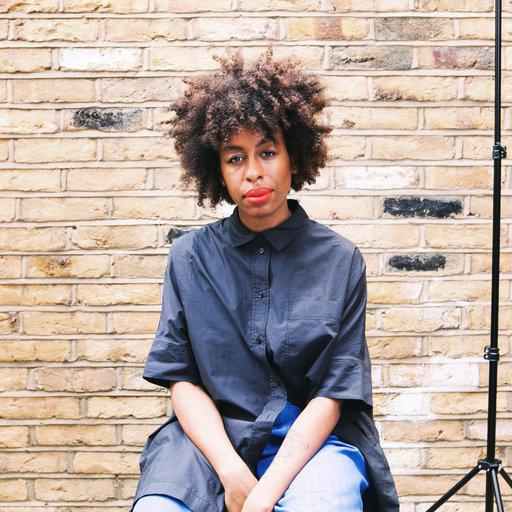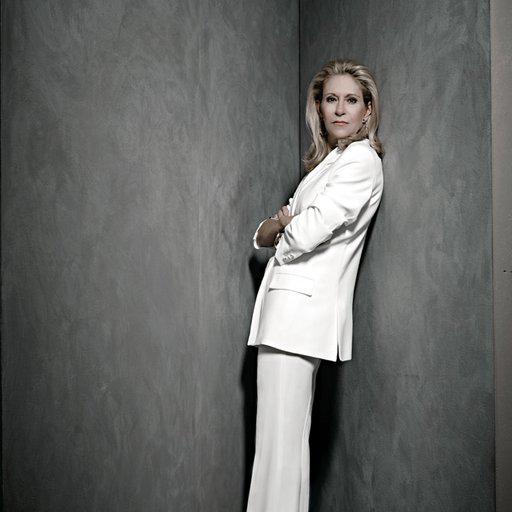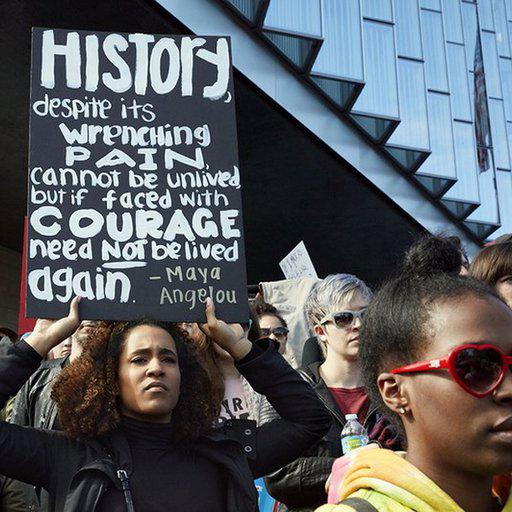The renowned poet Anne Sexton began writing poetry as a patient at the Glenside Hospital, where she was being treated for mental illness. Twelve years later, she won the Pulitzer Prize. Many artists have described the healing effects of their work, pointing to art’s capacity to express difficult emotions, awaken new personal insights, and provide a sense of purpose.
Art therapy is a form of psychotherapy that incorporates the production or stimulation of visual art, and, like other forms of therapy, it is believed to provide self-discovery, personal fulfillment, empowerment, relaxation, symptom relief, and physical rehabilitation. The practice of art therapy became a legitimate form of psychology around the mid-20th century, though, technically speaking, the notion that art can be used for the purpose of healing has been around for centuries.
Recently, organizations like the nonprofit RxArt have drawn on art’s healing power by placing original fine art in healthcare facilities. Their mission is “to improve otherwise sterile environments through contemporary art, promote healing, and inspire hope in patients, families and staff.” One of RxArt’s recent projects is an installation by world-renowned artist Jeff Koons, best known for his Pop-inspired sculptures of common objects and recognizable symbols. At Advocate Hope Children’s Hospital in Oak Lawn, Illinois, Koons’s iconic characters, including Donkeys, Balloon Dog, and Hanging Heart fill an examination room with pink walls and a bright blue CT Scanner covered with gigantic smiling monkey faces. RxArt describes the result as an “awe-inspiring, playful escape that has completely revitalized the once-sterile room.”
Studies have proven that the presence of art and art therapy do in fact have a healing affect. A 2006 study from the Journal of Pain and Symptom Management discovered that an innovative use of art therapy relieved pain, fatigue, anxiety, and other symptoms in cancer patients. The results provided evidence that there were “significant reduction in symptoms and overall state of anxiety after a one-hour art therapy intervention,” and a surprising finding that subjects expressed an additional reduction in “tiredness.” Subjects said that the therapy energized them, and described the session as being both “distracting” and “calming.”
A more traditional form of art therapy is through the production of art by patients themselves. However, many artists who began creating work as a form of healing have been recognized more widely for their incredible talent and unique vision. Daniel Miller, who was diagnosed with autism and studied at the Creative Growth Art Center in Oakland, creates elaborate drawings like maps and mazes, incorporating texts and numbers to include biographical elements into the seemingly abstract. Laura Craig-McNellis’s mental disabilities became apparent early in her life; her family insisted she not be institutionalized and fostered her love of painting. Because McNellis is non-literate and her speech is only understood by family members, painting has become her primary means of expression and communication. McNellis’s work reflects her encounters with people, objects, and events, in everyday life.
Anne Sexton once wrote, “Depression is boring, I think / and I would do better to make / some soup and light up the cave.” Indeed, “lighting up the cave” has proven mentally and spiritually beneficial, not only for the artist, but for any and all who are invigorated by their creations.
How Does Art Therapy Work?
